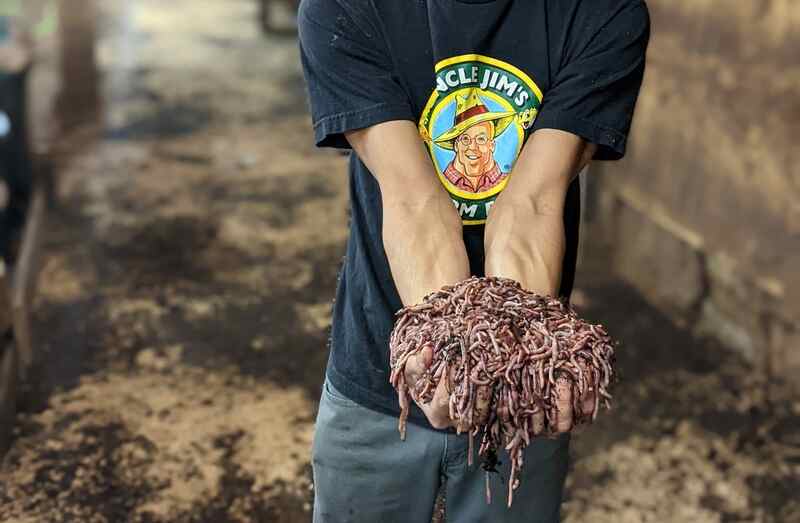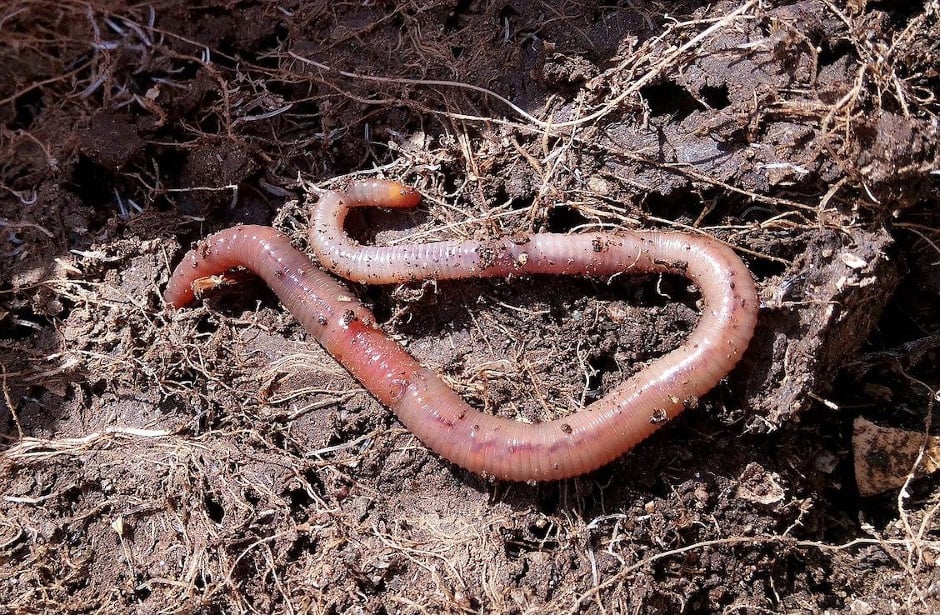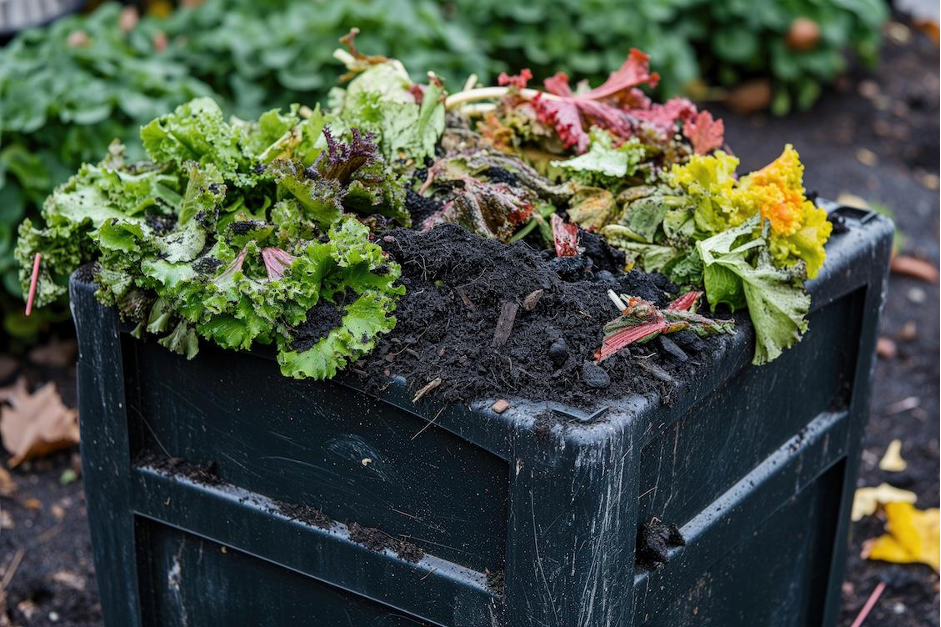10 Economical Garden Vegetables
When it comes to garden growing, there are loads of variables to be considered. One of these variables that growers occasionally stress over is economics.
When it comes to garden growing, there are loads of variables to be considered. One of these variables that growers occasionally stress over is economics.
“Um, you want delicious mealworms? GROSS!” Not so fast, sonny. By no means am I seeking to eat mealworms for myself (although, many people from
Raising mealworms is a delicate balancing act; the longer you feed them, the larger they will become. But, if you feed them for too long,
The benefits of mealworms are undeniable. They are high in protein, making an excellent feed for your favorite, neighborly blue birds, or serving the appetites
You’re probably considering mealworms if you are reading through this article, which isn’t too surprising, considering their nutritional value. They provide a high portion

Red wiggler worms have been identified as one of nature’s wonder workers. Not only are they the best composters, they also produce the finest
James Shaw, founder and owner of Uncle Jims Worm Farm, has been in the industry of worm farming for about four decades now. Uncle Jim’s
If you’re looking for a quick return of investment, then you should try getting into vermicomposting. Composting with worms not only is good option for
Worm tea like most fertilizers, is a product that can be directly applied on your lawn without having to worry about burning it (unlike the
Generally, when it comes to vermicomposting, red wigglers have been able to surpass all the other worm species when their ability as composters are put

In the heart of organic farming and gardening lies a tiny yet mighty hero – the composting worm. These little wrigglers are nature’s recyclers,

Vermicomposting is a joyful journey into the fascinating world of worms and their incredible ability to transform our everyday kitchen scraps into black gold for

Are you looking for a fun and educational activity to keep your kids engaged and teach them valuable lessons about sustainability and nature? Look no

Seasonal Organic gardening means aligning closely with nature’s cycles. As each season unfolds, your garden’s requirements and tasks shift. Whether you’re an experienced gardener or